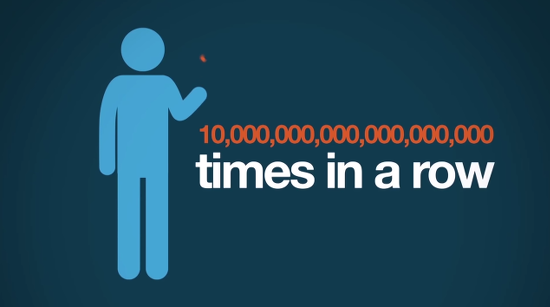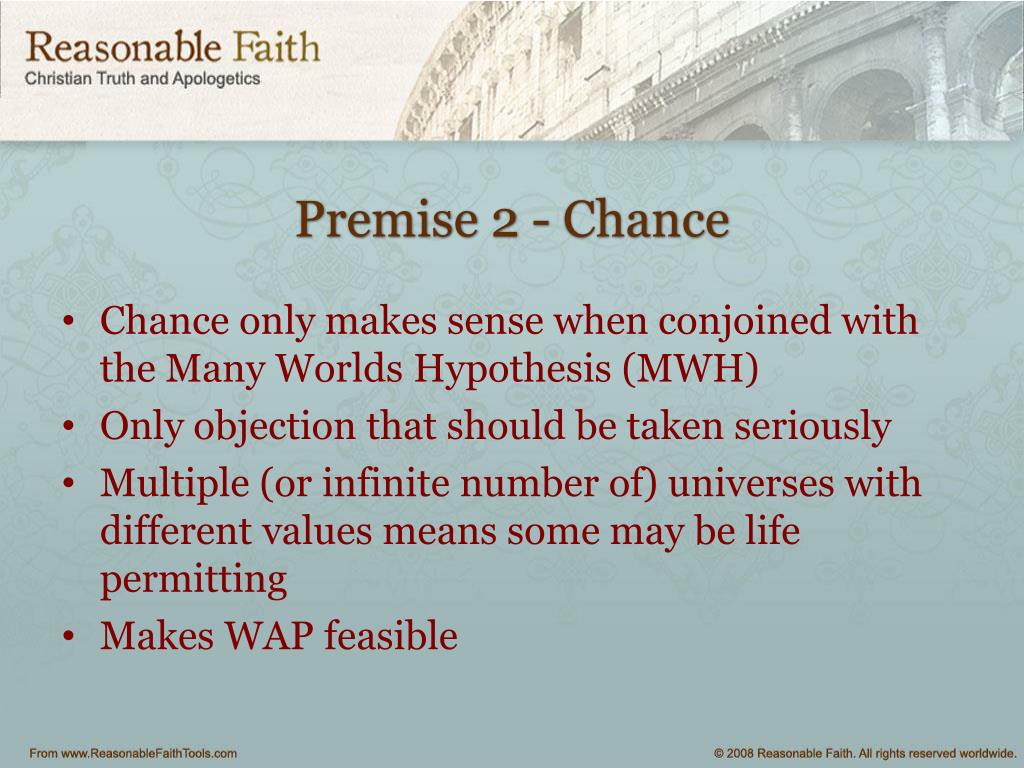
With what we know at this point it's impossible. Somehow, impossibly, he gets out of the handcuffs, kill one interrogator and injures another. The prisoner Hatchet is brought in and handcuffed in the cell. Many spoilers ahead but I recommend that you have watched the movie before reading further because you won't be able to follow along. I definitely enjoyed picking this movie apart much more than I did watching it. At least, I was and I almost turned it off after about ½ hour. And though we find out later why they happened, the viewer is angry/upset/frustrated until the confusion is straightened out. But first I have to admit that there were some things happening that, at first, didn't seem to make sense. I believe every movie should hire a "logic director" to watch for all the stuff that is confusing or doesn't make sense. The story has been told many times before but if the storyteller is good it can be freshened up. The ending invites a sequel but unless a larger budget can address it's problems properly there won't be a Meade 2.

In general, the limitations of this movie will be better overlooked by a younger audience. The CGI makes the movie heavy on eye candy attraction and the character actors mentioned already give the movie a generous feel-good vibe and keep it from being a total loss.

A bigger budget might have helped to refine the script and hire a better director and lead actors. The direction suffered from poor pacing - sometimes glossing over areas that were hurried along and other parts that seemed to drag. The plot had great potential but was let down by the script's lackluster dialog. Why else would they hire actors with such mediocre resumes? The CGI, which there was plenty of, was on the surface good if you didn't look too closely. The actors that played Fritz, Tam and Phoebe are prime examples of actors in lead roles with no charisma I'm assuming that after hiring Oswalt, Picardo and Warburton there was no budget left to hire experienced, even fairly well known lead actors.

Oswalt, Picardo and Warburton are shining examples of the importance of good comic supporting actors. Patton Oswalt carries the whole movie - without him the movie would be a big fat zero. The final line - you might watch the movie till you get your fill of the views of Machu Picchu then watch something else.Įxtremely uneven results in the creative talents. Boy, was she in for a life full of regrets. Thought of the day - maybe the girl, Elena, made her decision to go with Harry instead of Stanley because she thought that Harry's answer of Abraham Lincoln to the question "Who chopped down the cherry tree?" was the correct one. Spoiler alert - Harry giving up the sun disk at the end could be just as easily be chalked up to a rash decision instead of a change of morals. The location shooting is worth the watch: Machu Picchu, the native dress and the singer Yma Sumac. He's a sleaze of the highest degreze with no redeeming qualities besides glorifying his thieving qualities, he's not likeable in any other way. Harry Steele fails miserably in this regard. One requirement that I insist on for an entertainment movie is that there has to be likeable main characters. That unseen systems are especially challenging for MOS prediction models.For an adventure movie there is too little action and too much soap opera. That fine-tuning to in-domain data can improve predictions. Have good generalization capability to out-of-domain data even for the mostĬhallenging case of utterance-level predictions in the zero-shot setting, and We find that wav2vec2 models fine-tuned for MOS prediction Performance on data from different listening tests in both zero-shot andįine-tuned settings. Self-supervised speech models such as wav2vec2, we investigate their

Paper, using a variety of networks for MOS prediction including MOSNet and Typically fail to generalize well to new listening test contexts. (MOS) can achieve high prediction accuracy on samples from the same test, they While automatic predictors for metrics such as mean opinion score Speech, and even the instructions given and the rating scale all vary from test Authors: Erica Cooper, Wen-Chin Huang, Tomoki Toda, Junichi Yamagishi Download PDF Abstract: Automatic methods to predict listener opinions of synthesized speech remainĮlusive since listeners, systems being evaluated, characteristics of the


 0 kommentar(er)
0 kommentar(er)
